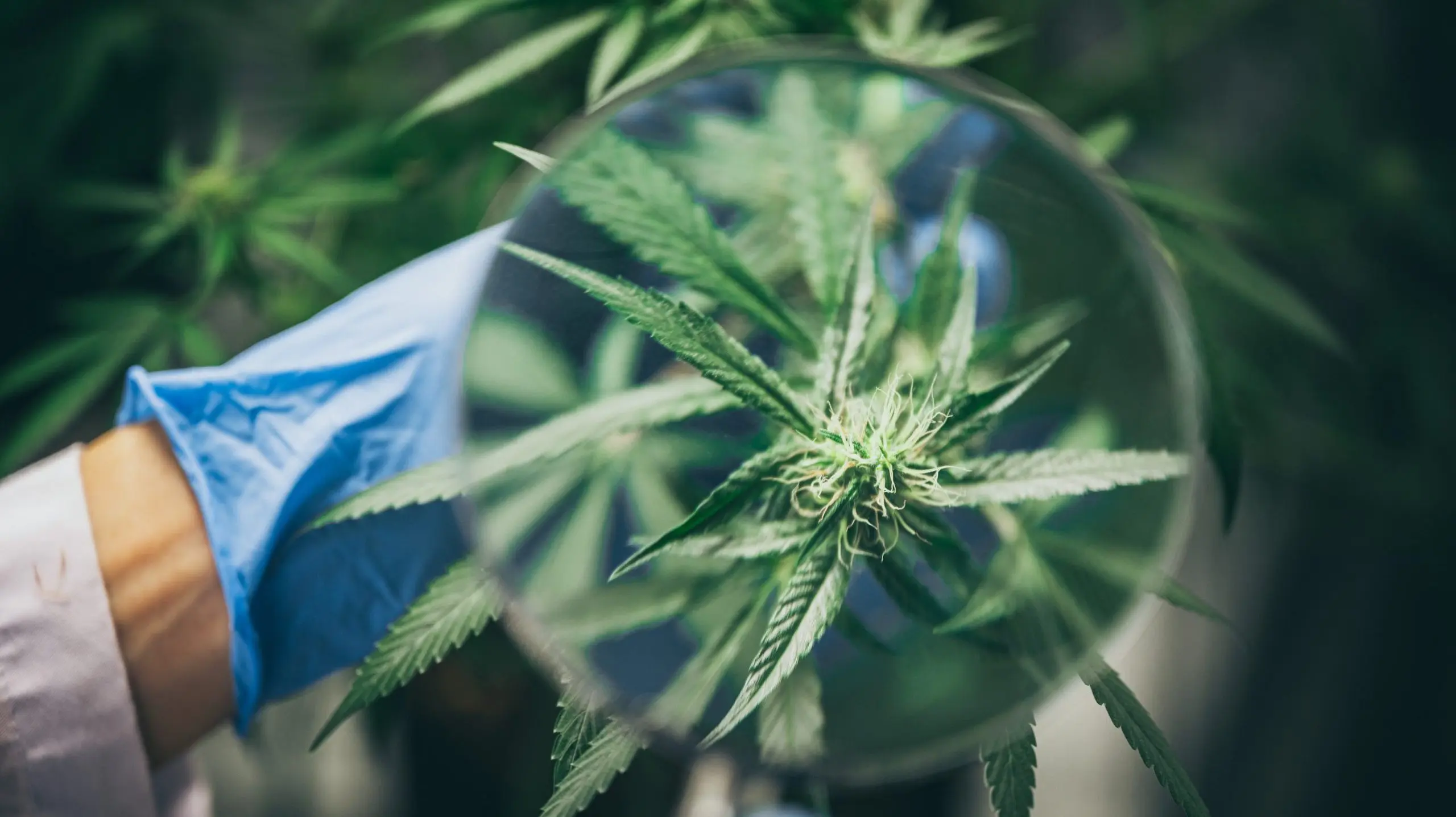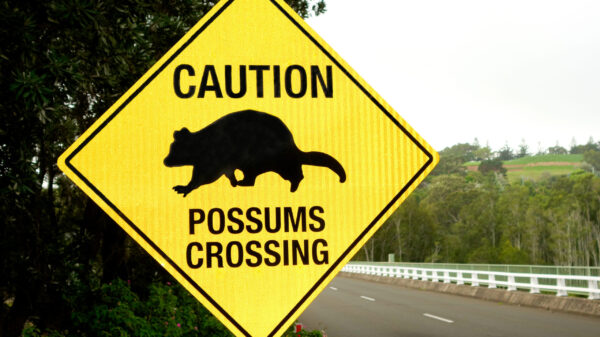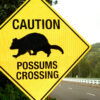|
Getting your Trinity Audio player ready...
|
A proposed bill that was read for the first time last week would create methods for Alabama to regulate, test and sell consumable hemp-derived THC products like Delta-8, Delta-9 and Delta-10.
HB455, sponsored by Rep. Andy Whitt, R-Harvest, would establish labeling and testing requirements and would limit the amount of THCs present in consumable hemp products to five milligrams for a beverage and 0.3 percent total on a dry weight basis for other products.
“This legislation is based on the countless cries that I’ve heard from Alabama parents, and so many of our kids have been seriously harmed or worse by using these products. They’re legally being sold because there’s no regulation or checks and balances for these products that are coming into the state,” said Whitt.
HB455 is the latest attempt for Alabama to rein in the surging market, which currently doesn’t answer to a regulatory body in the state. HB455 would grant the Alabama Alcoholic Beverage Control Board authority to license retailers and merchants of consumable hemp products and enforce the rules laid out in the bill.
The bill also states that all licensing or filing fees will be deposited into the Consumable Hemp Product Compliance Fund created by the bill. These funds will be used to conduct underage purchase compliance checks, and the remaining funds will be deposited into the General Fund.
An additional seven percent excise tax would also be applied to wholesalers’ and merchants’ gross sales. This money would be divided between the General Fund, counties and municipalities.
Retailers would only be granted licenses to sell consumable hemp products if their premise is a standalone location that only sells hemp products or if the premise only permits individuals over 21 to enter, like a liquor store. Sale is also only allowed for off-premise consumption.
“Convenience stores should sell gas and soft drinks, not be seen as your local pharmacy,” said Whitt.
Before selling a consumable hemp product in Alabama, manufacturers must submit representative samples of each batch to a certified laboratory for a certificate of analysis. The certificate of analysis must include the batch or lot number, the date of issuance, the methods of analysis used, the product name and the cannabinoid profile, including verification of CBD and total THC content. It must also list all ingredients, including any solvents, pesticides, microbial contaminants and heavy metals.
Manufacturers must submit the unedited certificate of analysis along with a processing fee to the Alabama Department of Public Health. The department will then review the certificate to determine whether the product is safe for human consumption and approve or reject it accordingly.
“When you can go to the local Piggly Wiggly and buy this weed water, this grass in a glass, or these THC products mimicking Doritos, Airheads or Nerds, we’ve got a serious problem. It is strictly targeting our youth,” said Whitt.
Those under 21 who consume, possess or attempt to purchase consumable hemp products will face the same consequences set by the state for underage drinking. This could be a fine of $25 to $100 or up to 30 days in jail.
“This is much worse than alcohol ever thought about,” said Whitt.
The bill will have a public hearing in the House Health Committee on Wednesday.




















































